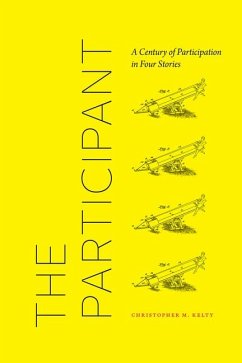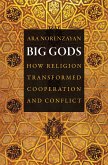Participation is everywhere today. It has been formalized, measured, standardized, scaled up, network-enabled, and sent around the world. Platforms, algorithms, and software offer to make participation easier, but new technologies have had the opposite effect. We find ourselves suspicious of how participation extracts our data or monetizes our emotions, and the more procedural participation becomes, the more it seems to recede from our grasp. In this book, Christopher M. Kelty traces four stories of participation across the twentieth century, showing how they are part of a much longer-term problem in relation to the individual and collective experience of representative democracy. Kelty argues that in the last century or so, the power of participation has dwindled; over time, it has been formatted in ways that cramp and dwarf it, even as drive to participate has spread to nearly every kind of human endeavor, all around the world. The Participant is a historical ethnography of the concept of participation, investigating how the concept has evolved into the form it takes today. It is a book that asks, "why do we participate?" And sometimes, "why do we refuse?"
Hinweis: Dieser Artikel kann nur an eine deutsche Lieferadresse ausgeliefert werden.
Hinweis: Dieser Artikel kann nur an eine deutsche Lieferadresse ausgeliefert werden.








